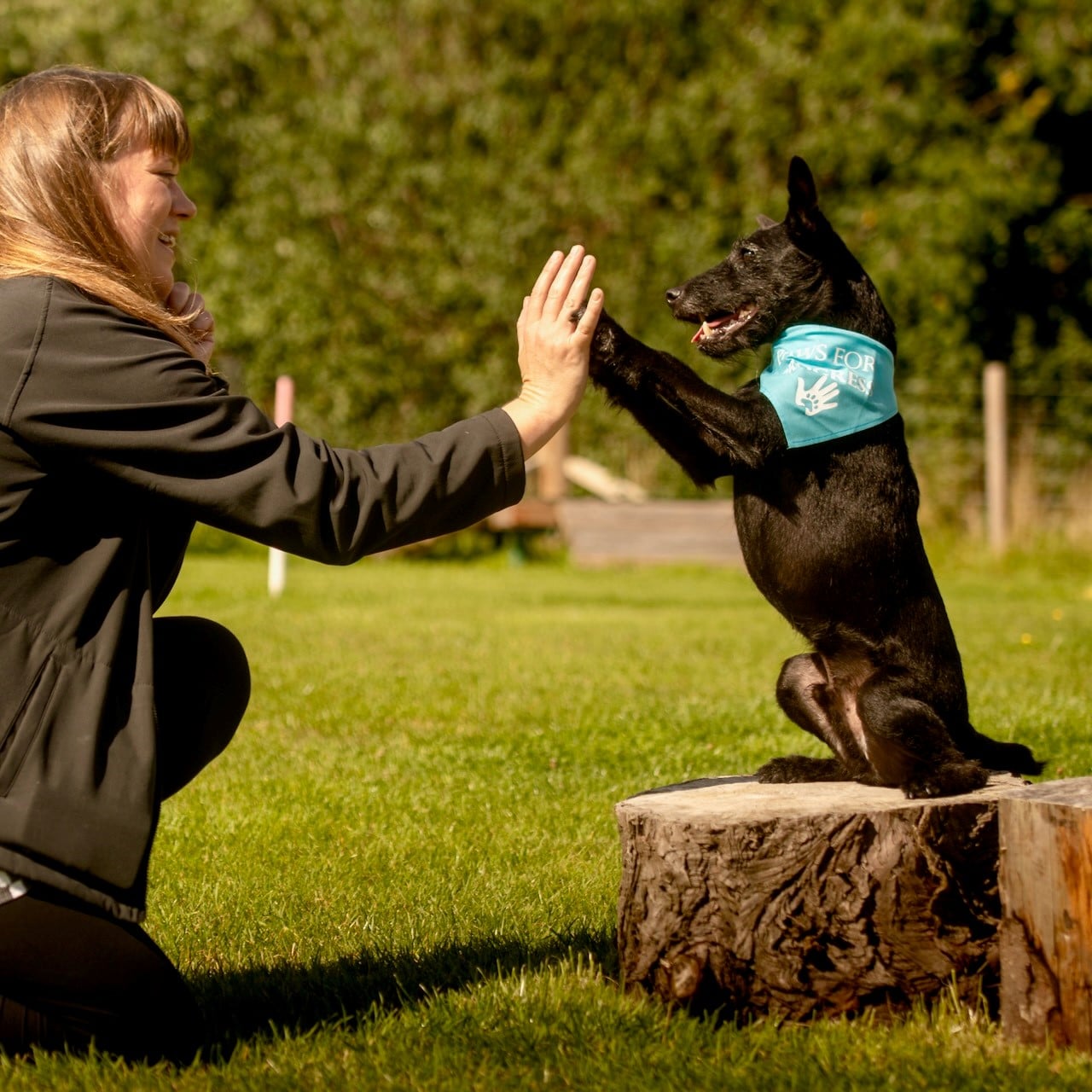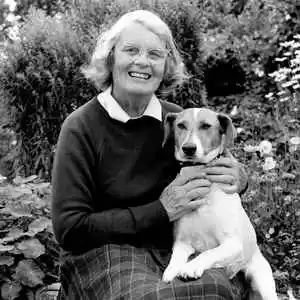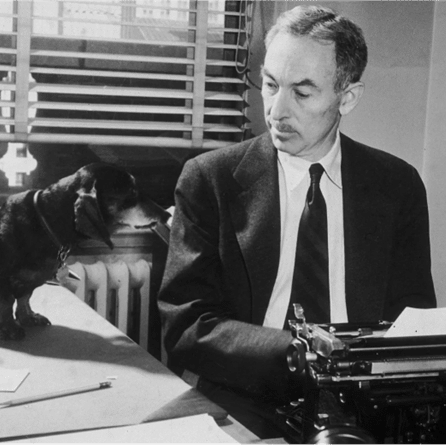The big canine welfare charities achieve a great deal and receive a great deal of publicity and money as a result. But what about the smaller, less well-known charities? They, too, achieve a great deal despite having fewer resources and smaller supporter bases. If you are looking for dog-focussed charities doing fantastic work, then I hope you will consider donating to three of my personal favourites.
Refuge4Pets
Kathy has just opened an email with a picture of her beloved dog and an update on how he’s faring in his foster home. Soon, she hopes, they will be reunited. But for the moment, these regular messages and photographs are helping her through a difficult time.
Kathy is living in a refuge, having finally escaped a violent relationship, but without the help of Refuge4Pets, she would never have felt able to leave. Because Kathy simply couldn’t leave her dog behind to suffer.
Cornwall-based Refuge4Pets – set up by Mary Wakeham in 2017 – recruits animal foster carers to look after pets until an owner, having fled an abusive relationship, is resettled.
Some owners are referred by domestic violence services or the police; others get in touch direct. ‘Often women call us before contacting domestic abuse services,’ says Mary, 44. ‘Many can’t focus on escaping until they’re sure their animals will be safe.’
After that first contact, Refuge4Pets helps both owner and pet get to safety. ‘We might meet someone at a train station or motorway service station, or at a refuge. We collect the pet and settle them into a foster home, while domestic violence services take the owner to safe accommodation.’
Mostly, the pets in questions are dogs and cats. ‘But I did once collect 11 ducks!’ says Mary.
Often, Refuge4Pets has a day or two to organise foster care and an escape plan. Sometimes, though, they have to act fast. ‘For example, we received a call from the hospital A&E department when a repeat victim of abuse turned up saying she finally wanted to leave. The perpetrator had been arrested but would soon be released, so we had one tiny window of opportunity. I rushed out, met the woman at her home, she packed up, I collected the dog, and she went to the refuge.’
Refuge4Pets’ work matters so much to Mary because she herself is a domestic abuse survivor. ‘It’s a long time ago now, but my dog was petrified of the perpetrator. He’d torment her because he knew how much it upset me,’ she says. On the day Mary left, he had attempted to strangle her dog.
Mary retrained to work in the domestic abuse field and returned to her native Cornwall. ‘But because most refuges can’t take pets, I had no practical solution to offer those escaping with animals.’
That meant victims stayed put – and Mary was determined to do something about it. ‘I got £10,000 from the National Lottery and set up Refuge4Pets.’
Since then, the charity – one of just four such services in the UK – has supported over 500 families to escape and fostered around 550 animals. Not all are from the West Country. ‘People come here from across the UK, trying to get as far away from the perpetrator as possible.’
Typically, animals are fostered for up to 12 months. ‘We couldn’t do this without our amazing foster carers,’ says Mary. ‘We have about 135 across Devon and Cornwall. Some are abuse survivors themselves. Some love animals but can’t have a permanent pet because they travel for work or can’t afford the costs.’
Project workers settle pets into foster care, take them to the vet if necessary, and supply carers with everything they need, from food to flea treatment, all funded by Refuge4Pets. ‘The best part of the project workers’ job is reuniting owners and animals,’ says Mary.
The charity also helps survivors resettle in a new area after leaving a refuge. Plus they train vets, domestic abuse services and animal welfare services across the UK. ‘While setting up Refuge4Pets I did a PhD looking at how animal abuse is used as a strategy of coercive control,’ explains Mary. ‘Our training is based on this research.’
The future for small charities like Refuge4Pets, though, is precarious. Funding is always a struggle, even though they’ve won awards for their work. For the moment, Mary simply wants Refuge4Pets to survive. ‘We’re trying to attract more public donations from legacies, corporate partners and philanthropists,’ she says.
For the long term, she has bigger ambitions. ‘We want our own premises where we can house dogs and cats. Some animals can’t be fostered because of the trauma they\’ve experienced, so we could do behavioural work, rehabilitation work.
‘Eventually, we want to have a refuge where people can take their animals. Because for some survivors, being separated from their animals at all is unbearable.’
To donate or volunteer, visit www.refuge4pets.org.uk.
Paws for Progress
The Paws for Progress ‘Pup School’ doesn’t just bring a better future to rescue dogs, it changes the lives of young people too – those at HMYOI Polmont, a facility for young offenders in Falkirk, Scotland.
Launched in 2009, Paws for Progress works in partnership with the Scottish Prison Service and Edinburgh Dog and Cat Home to take specially selected rescue dogs into Polmont, where participants complete an intensive eight-week rescue-dog training programme.
‘During sessions, our students – human and canine – learn many new skills,’ explains Development Manager Dr Rebecca Leonardi. ‘As a student works to understand the dog’s individual needs, both benefit from the experience.’
Most participants, aged between 18 and 21, have the toughest of backgrounds.
‘For many, offending behaviour begins from a young age, and is coupled with mental ill-health and substance abuse,’ explains Rebecca. ‘Frequently, they have histories of complex trauma and bereavement, low levels of education, limited employability prospects, a lack of social support and poor mental health.
But learning alongside a dog can be a game changer.
Once paired with a dog, student dog-handlers devise training plans for their charges and sessions are then spent both working towards individual goals and taking part in group activities.
‘Human-animal interactions have a unique capacity for engaging even the most disengaged, by providing a positive focus, the opportunity to help others, and unconditional affection and companionship from the dogs,’ says Rebecca.
‘Even if young people can’t see it themselves at first, we see their kindness, compassion and potential. This equips them with the skills and tools they need to move on to a more positive future.’
That has certainly been the case for Jack, who was finding life at Polmont extremely challenging, and had few work skills and little hope of future employment. ‘Jack was apprehensive about joining the rescue dog programme, but grew in both confidence and self-belief, becoming an integral part of the group and showing a great affinity for the rescue dogs,’ says Megan Wilson, a qualified veterinary nurse who, as Education and Wellbeing Specialist, is part of the frontline team at Polmont.
Jack’s successful training plan for his dog contributed to it being happily rehomed. And Jack himself, like all the students, gained dog training and first aid qualifications, thanks to Paws for Progress’s links with Fife College. Jack even became an advanced student, taking on additional responsibility, supporting other young people and completing more studies. Now, his chances of finding a job on release have soared.
‘People who’ve done our courses have found employment in various fields, including with dogs, which has been hugely rewarding for them,’ says Megan. ‘They tell us it’s given them confidence to make changes in their lives, changes they never believed were possible.’
It’s fulfilling for those delivering the training too. ‘The connection that young people make with the dogs, and the impact this has on their personal development, is so rewarding,’ says Megan.
But the canine students are just as important. ‘The rescue dogs come from Edinburgh Dog and Cat Home and are chosen for their huge potential,’ says June McPhillips, Training and Behaviour Specialist at Paws for Progress. ‘Our programme allows them to build on their training and work on their socialisation, while the search for their forever home continues.’
Some of the dogs are pandemic puppies. ‘Bought during covid, they are now being relinquished to rescues as their owners can’t meet their needs in a post-lockdown world. Others might have been given up because of family illness or financial hardship.’
For the previous owner of Charlie – an extremely big and bouncy crossbreed – ill health made keeping him impossible. ‘When Charlie came into Polmont, he lacked focus and impulse control, and had no general connection with people,’ says June.
Course participants often see themselves in dogs like Charlie, which helps them build a close bond. Then, as the dog makes progress, participants see their own progress reflected back at them. ‘Within a couple of days, the student working with Charlie had made a connection. Their bond grew and he helped Charlie learn behaviours that were calming and provided focus,’ says June.
For rescue dogs, this is hugely important. ‘These skills not only benefit their current welfare and rehoming prospects, but also increase their chance of a positive and stable future in their new home,’ explains June – who adds that
Charlie is now thriving with a loving owner.
It’s a win-win situation, as outcomes are excellent for human participants too.
‘Being kind to dogs, learning how to support others, has a profound effect, helping young people recognise the value of their positive contributions to the progress of others,’ says June. ‘They start to see their strengths, their uniqueness. They grow in confidence and thrive. It really is a transformative experience.’
To donate or volunteer visit www.pawsforprogress.co.uk. For more about Edinburgh Cat and Dog Home see www.edch.org.uk.
Medical Detection Dogs
Back in 2009, animal behaviourist Claire Guest was taking her dog Daisy for a walk. The fox-red Labrador would usually bound out of the car. This time she wouldn’t budge, nudging repeatedly at Claire’s chest.
A year before, Claire had co-founded the charity Medical Detection Dogs (MDD), researching whether dogs could detect illnesses in humans. So, she was certain that Daisy was trying to tell her something. Further investigation revealed a deep-seated lump – breast cancer that Claire would not have survived had it not been for Daisy’s early warning.
Now, through their trained bio-detection dogs, the charity has successfully proved that clever canines can detect various kinds of cancer, as well as Parkinson’s disease, malaria, Covid and more. ‘The bio-detection dogs work in our training room, detecting disease in anonymous human samples,’ says MDD spokesperson Gemma Butlin. ‘In the future, this research will lead to improved diagnosis and outcomes.’
But another aspect to MDD’s work is making a difference to people right now.
‘We also train Medical Alert Assistance Dogs, which learn to detect a change in odour when someone is about to become ill – for example when someone with diabetes is about to have a serious hypo. The dog gives a warning, enabling the person to take medication or get to a place of safety,’ explains Gemma.
‘Gun-dog breeds – Labradors, retrievers, spaniels – predominantly work as assistance dogs,’ she adds. ‘They are born to use their nose, love people and are easy to train. But we train other breeds too, especially as some elderly clients might need a small dog. We’re currently training a tiny, fluffy parti poodle.’
Initially, puppies are placed with a volunteer socialiser. ‘They work on basic training for 18 months, taking the dog out and about everywhere – to the garden centre or hospital, on buses or trains, anywhere and everywhere they might need to go when placed with a client,’ says Gemma.
‘Once a dog has met behavioural milestones – showing they’re calm and confident in public places, can do a lovely sit and wait, that they settle nicely – they are ready for scent training. Ironically, this lifesaving bit is the shorter part of the process.’
For scent training, dogs live and work with a professional instructor. ‘They start simply with, for example, the instructor hiding a tennis ball and the dog getting a reward for finding it,’ says Gemma. ‘Dogs learn very quickly that finding something by smell brings a treat.’
Then a dog is matched to a potential client – like Lizzie Draper, 28. Lizzie has postural orthostatic tachycardia syndrome (PoTS), a condition in which her blood pressure plummets, her heart rate soars and she passes out without warning. ‘It started at school, delaying my A-levels. When I did get to university I had to drop out as I was continually blacking out – attacks happen every day, sometimes as many as 28 times. I couldn’t go out with friends. I couldn’t do anything. I was young and stuck at home, unable to be left alone.’
But a golden Labrador called Henry changed all that. First Lizzie and Henry were paired. ‘We hold matching days which are a bit like speed dating with clients meeting several dogs,’ laughs Gemma.
Then, knowing Lizzie and Henry were compatible, personalised scent training began. ‘Whenever my heart rate soared, I took a breath sample,’ says Lizzie. ‘When I passed out, friends or family took sweat swabs.’ Using these samples, sent to MDD, Henry was trained to identify the scent that indicated an imminent attack. Henry took to it like a pro and, his training completed, he went to live with Lizzie. That was six years ago – and his success rate as a canine early-warning system has been 100%.
‘When Henry scents an episode coming, he’ll jump up and paw or nudge me,’ says Lizzie. ‘This gives me five minutes to sit or lie down somewhere safe. The blackout still happens, but Henry stands guard until it’s over.
‘Before, I’d pass out and fall, sustaining cuts, bruises and lots of concussions. I think Henry came just in time, before a serious accident happened. Since having him, life’s been pretty chilled – before everything was such a big drama.’
Lizzie was able to return to university, finish her degree and go out again with friends – who all adore Henry. ‘He’s a sweet, gentle dog and brings a smile to everyone’s face.’
People with conditions like PoTS are now MDD’s priority. ‘Training a dog takes two years and costs £30,000 – and we raise all the funds ourselves,’ says Gemma. ‘So we want to place dogs where they’ll make the most difference.
Technology is increasingly helping people with diabetes anticipate a hypo, so we receive fewer requests from clients with that condition now. But absolutely nothing else exists to help people manage PoTS. Dogs like Henry truly can change lives.’
To volunteer or donate, visit www.medicaldetectiondogs.org.uk.
Some names have been changed to protect individual indentities…
Article by Jane Yettram.



